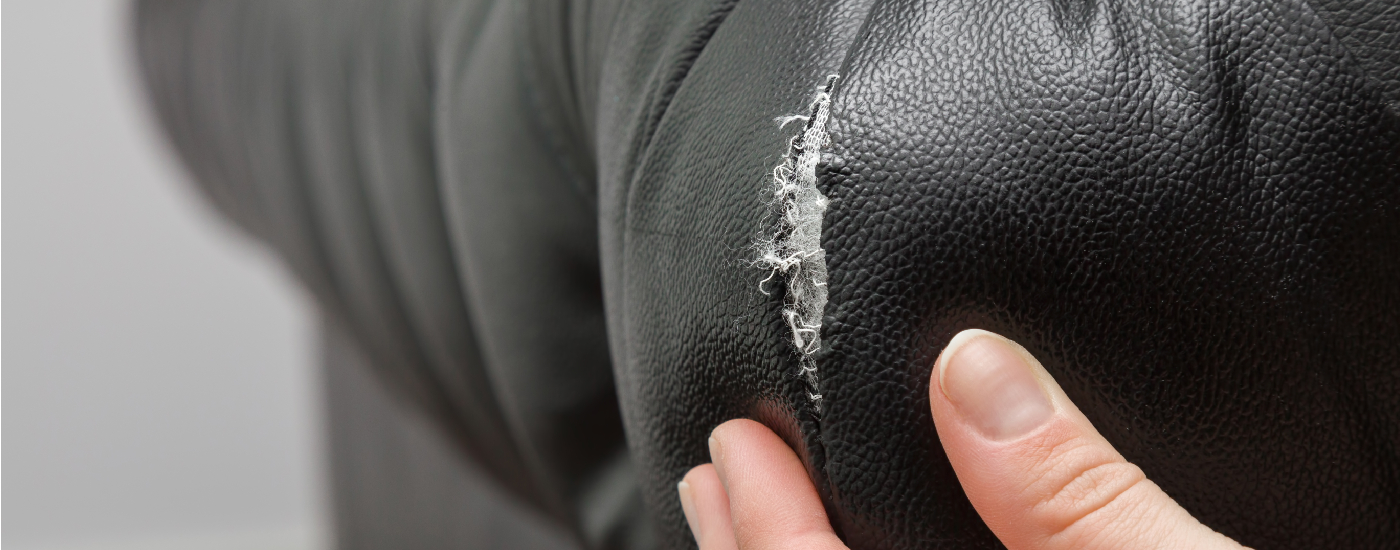How Often to Replace Couches
People love their couches because they are some of the perfect places to relax and lounge in homes, especially after a long day at work. It also works as a great place to bond with family and entertain visitors as well. But how often are couches replaced? It is important to know how long the lifespan of your couch is, so that you will know that right time to replace it. Most people think that the more expensive a couch is, the longer it will last, but what really is the case? How often should you be replacing your couch?
Average Couch Lifespan
Generally, a couch lasts and stays functional for approximately ten to fifteen years. However, couches with poor quality will have a shorter lifespan. Couches that aren’t well-maintained or well taken care of will have a reduced resistance to wear and tear as well.
To put it simply, couches that aren’t used or sit on much often will usually last for a long time, longer than their average lifespan. There are a lot of couches that offer warranties that can last up to ten years. Reputable companies may even offer lifetime warranties as well. Warranties help homeowners and give them the guarantee of a strong structure for the couch, along with the spring system and its frame.
How Often?
Most homeowners get a new couch way before it starts to wear out or even collapse. People usually tend to replace their couches every seven to ten years, and this isn’t usually about damages. Most people replace their couches because they are planning on redecorating. When a couch’s frame is starting to loosen, or when the material is starting to wear out, most people still opt for repairs or upholsteries. Couches that are made from canvas, leather, and linen usually last for a longer time compared to cotton or silk.
Some Maintenance Tips
Couches don’t usually require a special kind of maintenance, but regular dusting and cleaning usually does the trick. What you can do is to vacuum your cushions regularly, get rid of food scraps, dust and other debris that might have accumulated on the surface, so that you can prevent the fabric or material from premature wear and tear. Research about the right type of care the material needs. For example, if the fabric is leather, you can search for tips for the proper maintenance of the material to keep it looking new and clean. You can even check the cleaning tips of the couch or sofa manufacturer so that you can extend the lifespan of your couch.
- You can use a couch cover in order to protect premature fading, or you can keep your couch away from exposure to sunlight so that the fabric doesn’t easily wear out.
- Regular stain removals by using special cleaning materials or formulas can also go a long way when it comes to extending the lifespan of your couch.
- Also, try to prevent jumping on your couch, or putting in too much pressure on I as well.



